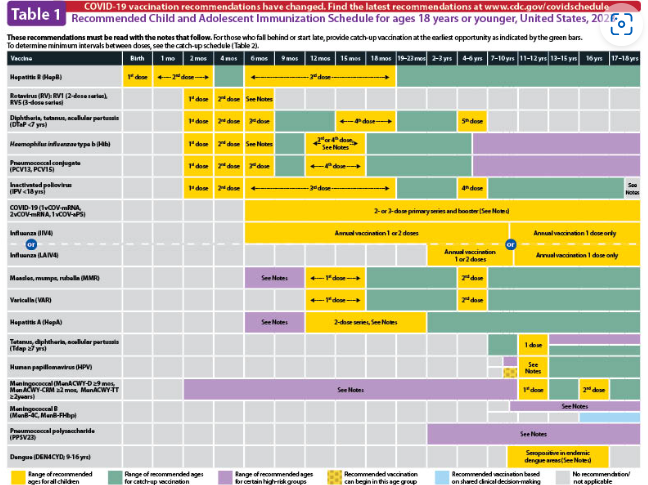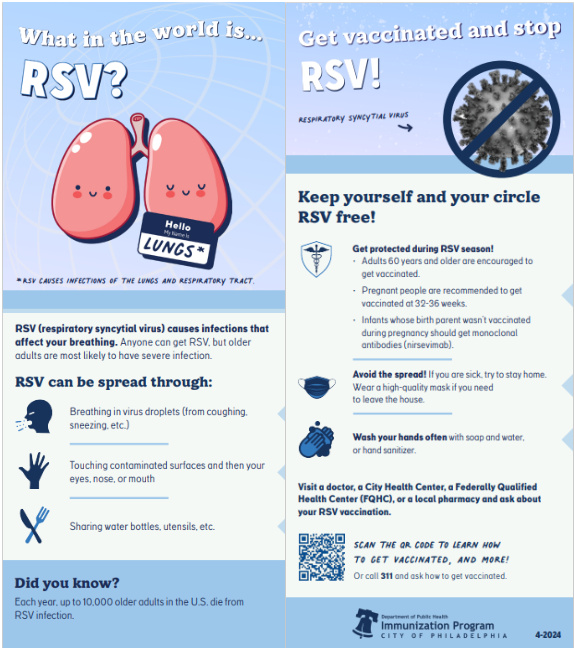Remind Families About Back to School Vaccines
Remind Families About Back to School Vaccines
Prepare your pediatric patients to return to school by getting them caught up with their vaccines. Access reminder recall guidance, free print materials, and more information about vaccination coverage rates below.
According to CDC, vaccination coverage among kindergarten students has declined to its lowest level in decades. There is also a global increase in measles cases and outbreaks that has impacted us locally.
Remind families about school-required vaccinations as well as HPV, COVID-19, and flu.
Reminder and Recall Strategies
The American Academy of Pediatrics offers steps to identify overdue patients including:
- Decide on an age range to focus on, if it is not feasible to contact all patients.
- Run an IIS query for all patients in your selected age range who are 30+ days behind on vaccination.
- Run the same query in the EHR. If you are unsure whether your EHR system has this capability, check with your EHR vendor.
They also suggest strategies for reminder or recall such as:
- Social media
- Reminder postcards and letters that can be printed and mailed
- Message reminders via patient portals
Order Free Print Materials
We offer free print materials including a vaccine coloring sheet, pediatric vaccine schedules, and a new educational brochure for adolescents.
Preview: Take Control of your Health Brochure

Use the button below to order free print materials for your office!


